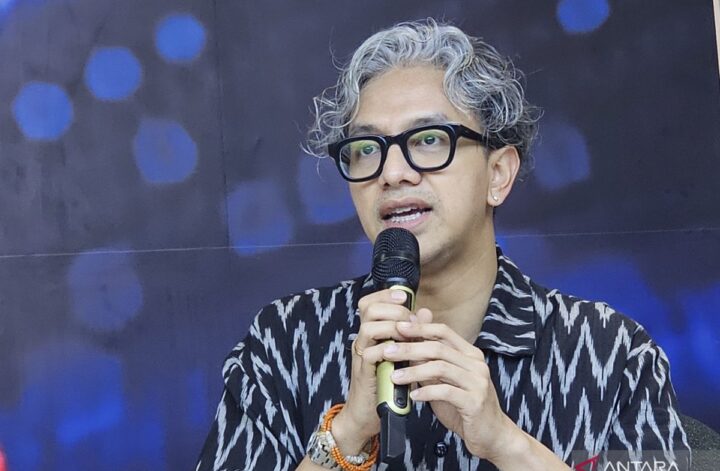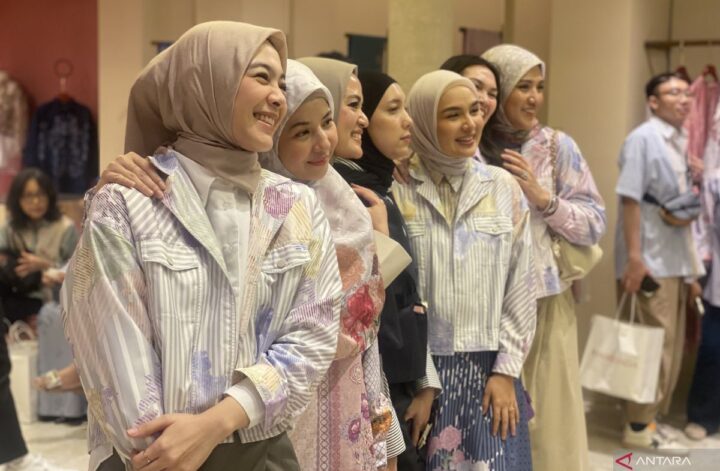Didiet Maulana, a renowned Indonesian fashion designer, recently made headlines for his proposal to submit the traditional Indonesian kebaya to UNESCO for recognition as a form of intangible cultural heritage. This move has been met with widespread support and excitement from the Indonesian fashion community, as well as cultural enthusiasts and historians.
The kebaya is a traditional blouse-dress combination that is worn by women in Indonesia for special occasions such as weddings, ceremonies, and cultural events. It is typically made of sheer fabric and intricately embroidered with motifs that reflect the rich cultural heritage of Indonesia. The kebaya has a long history in Indonesian culture, dating back centuries to the time of the Majapahit Kingdom.
Didiet Maulana, the founder of IKAT Indonesia, a fashion label that promotes traditional Indonesian textiles, believes that the kebaya deserves to be recognized by UNESCO for its cultural significance and importance to the Indonesian identity. By submitting the kebaya for UNESCO recognition, Maulana hopes to raise awareness about the beauty and craftsmanship of this traditional garment, and to preserve it for future generations.
Maulana’s proposal has received overwhelming support from the Indonesian government, with Minister of Education and Culture Nadiem Makarim expressing his full support for the initiative. Makarim stated that the kebaya is a symbol of Indonesian cultural identity and heritage, and that its recognition by UNESCO would be a source of pride and honor for all Indonesians.
The kebaya is not just a piece of clothing, but a symbol of Indonesian identity and cultural heritage. By submitting the kebaya for UNESCO recognition, Didiet Maulana is not only celebrating the beauty and craftsmanship of this traditional garment, but also ensuring that it is preserved and protected for future generations to appreciate and enjoy. This move is a testament to the rich cultural heritage of Indonesia, and a reminder of the importance of preserving and promoting traditional crafts and practices.




